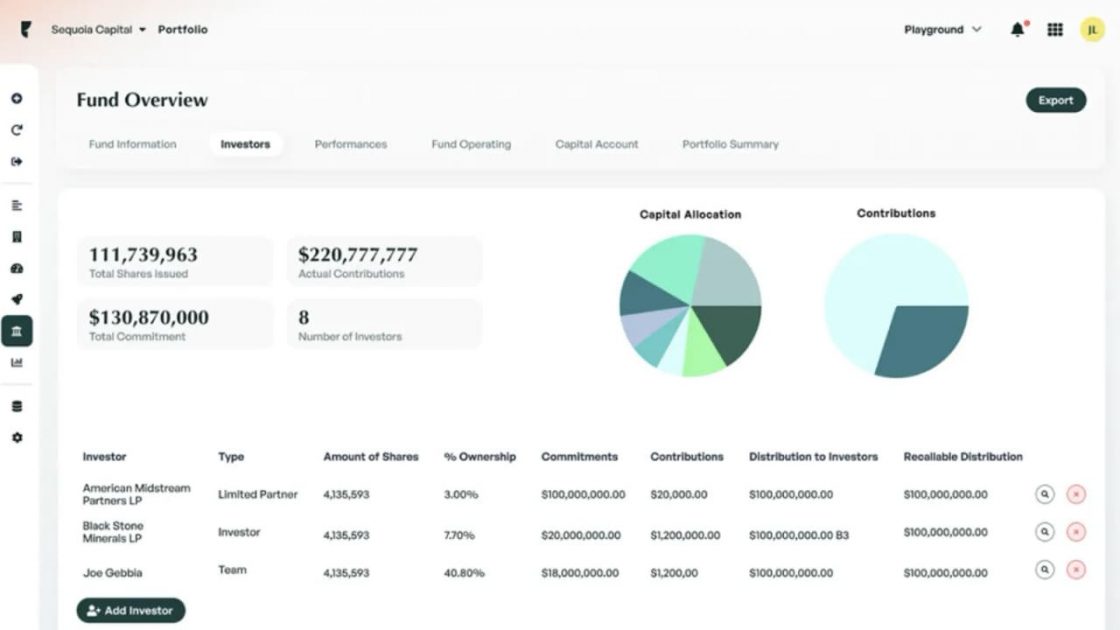
The digital landscape is continually evolving, and businesses need to keep up with the pace. Developing innovative applications and software solutions is no longer an option but a necessity. However, this is often easier said than done, especially when you’re dealing with complex projects. In such scenarios, having a dedicated software development team can be a game-changer.
In this comprehensive guide, we delve deep into the world of dedicated teams, exploring their benefits, how to hire them, and why they could be the perfect fit for your tech projects.
What is a Dedicated Software Development Team?
A dedicated software development team is a group of specialized professionals who work exclusively on a particular project or set of projects for a specific client. These teams are typically comprised of project managers, developers, QA engineers, UI/UX designers, and other specialists who work together to provide the client with the necessary expertise and resources to complete their project(s) successfully.
Dedicated teams can either be in-house or remote, working in the same physical location or distributed across different time zones and locations. The dedicated team model is centered around collaboration and communication. Close collaboration with clients throughout the project lifecycle ensures on-time delivery, budget adherence, and the desired level of quality.
Why Do You Need a Dedicated Development Team?
There are several reasons why you may need a dedicated development team.
- Expertise that Fits Your Needs: Dedicated teams bring in a wealth of expertise and experience in the relevant areas, ensuring your project has the right talent in place.
- Efficiency and Productivity: Dedicated teams are solely focused on your project(s), leading to increased efficiency, productivity, and quality output.
- Flexibility and Scalability: Dedicated teams offer greater control and flexibility over the development process. You can easily scale your team up or down based on your project needs.
- Improved Communication: Dedicated teams ensure seamless communication throughout the project, ensuring everyone is on the same page.
- Cost-Effective: Hiring a dedicated team is often more cost-effective than setting up an in-house team, as you save on recruitment, training, and operational expenses.
The Benefits of Hiring a Dedicated Team
Hiring a dedicated development team brings several benefits that can significantly contribute to the success of your tech projects.
1. Access to a Global Talent Pool
Working with a dedicated development company gives you access to a global talent pool, allowing you to tap into a broader range of skills and expertise than you may have in-house. This global reach allows you to find specialists with the required profile, ensuring your project has the right talent in place to meet your needs.
2. Streamlined and Efficient Development Process
A dedicated team follows a streamlined development process, which can lead to faster development times, improved quality, and a more efficient and effective development process. The team is focused solely on one client’s project, allowing them to become deeply familiar with the client’s business needs, goals, and challenges.
3. Cost Efficiency
Hiring a dedicated team is a cost-efficient solution. You don’t have to bear the costs of hiring, onboarding, and retaining in-house employees. Moreover, you save on operational costs like office set-ups and equipment.
4. Increased Control
With a dedicated team, you have increased control over the development process. The team works as an extension of your own, giving you complete visibility and transparency throughout the project lifecycle.
5. Faster Time to Market
By leveraging the expertise and skills of a dedicated team, you can accelerate the development process, reduce time-to-market, and gain a competitive edge.
How to Hire a Dedicated Development Team
There are several steps involved in hiring a dedicated development team.
1. Define Your Project Requirements
Before you start looking for a dedicated team, you need to clearly define your project requirements. This includes the scope of the project, the timeline, the budget, and the specific skills and expertise needed.
2. Search for Potential Teams
There are several platforms and networks where you can find dedicated teams. Some of these include LinkedIn, freelance platforms like Upwork and Freelancer, and dedicated development agencies.
3. Evaluate Potential Teams
Once you have a list of potential teams, evaluate them based on their skills, experience, portfolio, and client reviews. You should also consider factors like communication skills, cultural fit, and their approach to project management.
4. Interview Shortlisted Teams
Interview the shortlisted teams to assess their technical abilities, problem-solving skills, and understanding of your project requirements. This will also give you an opportunity to gauge their communication skills and cultural fit.
5. Finalize the Team and Sign the Contract
After the interviews, choose the team that best fits your needs. Discuss the project details, finalize the contract, and kickstart the project.
Managing a Dedicated Development Team
Once you’ve hired a dedicated development team, it’s crucial to effectively manage them to ensure a successful collaboration.
1. Clear Communication
Clear and effective communication is crucial for the success of any project. Regularly communicate your expectations, provide feedback, and ensure that the team understands the project goals and objectives.
2. Regular Updates and Reviews
Regular updates and reviews will help keep the project on track. It’s important to regularly review the team’s progress and provide constructive feedback.
3. Foster a Positive Work Culture
Foster a positive work culture that encourages collaboration, innovation, and continuous learning. This will not only keep the team motivated but also enhance their productivity.
Conclusion
Hiring a dedicated development team can be a game-changer for businesses looking to tackle complex projects. They bring specialized skills, dedication, and flexibility, helping you achieve your project goals efficiently. By understanding their importance, effectively managing the hiring process, and fostering a collaborative work environment, you can maximize the potential of your development initiatives.





